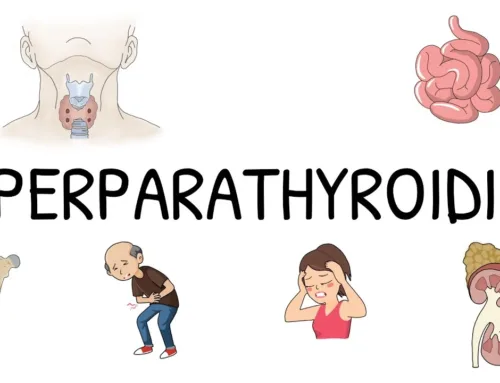Pancreatic cancer is a devastating disease. It’s usually detected too late to be cured, and the survival rate is low. Genetics and environmental factors play a role in pancreatic cancer, but research on the link between diabetes and pancreatic cancer is limited. Diabetes can increase your risk of getting pancreatic cancer, but other factors may also play a role.
Pancreatic cancer is a devastating disease.

Pancreatic cancer is a devastating disease. It’s one of the most lethal forms of cancer, and it’s difficult to treat because it often spreads to other parts of the body before it can be diagnosed.
Pancreatic cancer is also difficult to diagnose because early symptoms are vague and nonspecific–so many people don’t realize they have pancreatic cancer until their symptoms are advanced. Only about 20% of people with pancreatic adenocarcinoma (the most common type) survive five years after diagnosis; this compares with an average survival rate for all cancers in the U.S., around 65%.
Genetics and environmental factors play a role in pancreatic cancer.
Pancreatic cancer is a type of cancer that starts in the pancreas. The pancreas is behind your stomach, secreting hormones that help digestion and regulate blood sugar levels.
Pancreatic cancer can be caused by genetics or environmental factors. Genetics plays a role in up to 70% of pancreatic cancers, while environmental factors such as smoking, diet, alcohol consumption, and obesity play a role in up to 30%.
Research on the link between diabetes and pancreatic cancer is limited.
- Research on the link between diabetes and pancreatic cancer is limited.
- Diabetes is a complex disease that can be difficult to study because it has many factors that may play a role in pancreatic cancer (including age, weight, ethnicity, and family history).
- Pancreatic cancer is also a rare disease–there are only about 74,000 new cases each year in the United States–and it’s hard to get enough information from small studies of people diagnosed with both diseases.
Diabetes can increase your risk of getting pancreatic cancer.
Diabetes can increase your risk of getting pancreatic cancer
Diabetes can cause high blood pressure, high cholesterol, and obesity. High blood pressure raises the risk of heart disease and stroke. High cholesterol raises the risk of heart disease and stroke as well. Obesity is a known risk factor for many types of cancer, including pancreatic cancer.
There are many variations of diabetes, and each type has different risks.
There are many variations of diabetes, and each type has different risks.
Type 1 diabetes is typically diagnosed in childhood. It can be most accurately described as an autoimmune disease in which the body’s immune system mistakenly attacks its pancreatic beta cells, which produce insulin (the hormone that regulates blood sugar levels). Type 1 is sometimes called “juvenile diabetes” because it’s often diagnosed before age 30.
Type 2 diabetes is usually diagnosed in adulthood or later life; however, there have been cases where children were also diagnosed with this form at a young age–usually between ages 10-14. Type 2 generally develops slowly over time due to lifestyle factors such as obesity, lack of exercise, poor diet choices, and genetics (it runs in families).
Diabetes type 3 is a rare form of diabetes that occurs mostly in young adults ages 20-40; however, some cases have also been reported among school-aged children. The cause for this form isn’t well understood but may include an immune response similar to type 1 or possibly genetics since it tends to run within families more often than other forms do – though these cases are rare enough so far that researchers aren’t sure whether there IS anything genetically different about those who develop this condition versus those who don’t get sick from eating sugar etcetera like normal people do every day without any problems whatsoever.
Other factors may also play a role.
In addition to diabetes, other factors may also play a role in developing pancreatic cancer. Age is one of these factors. The risk of getting pancreatic cancer increases, especially among people 70 or older.
Other genetic conditions have been linked with an increased risk of developing pancreatic cancer. For example, people with inherited mutations in the BRCA1 or BRCA2 genes have an increased chance of developing this disease and other types of cancers, such as breast and ovarian cancers (but not all people with these mutations develop cancer). Environmental exposures such as smoking also increase your risk for many types of cancers, including those affecting the pancreas.
Conclusion
With so many unanswered questions, watching your health and getting regular checkups are important. If you have diabetes or a family history of pancreatic cancer, talk with your doctor about steps to lower your risk.




Leave A Comment